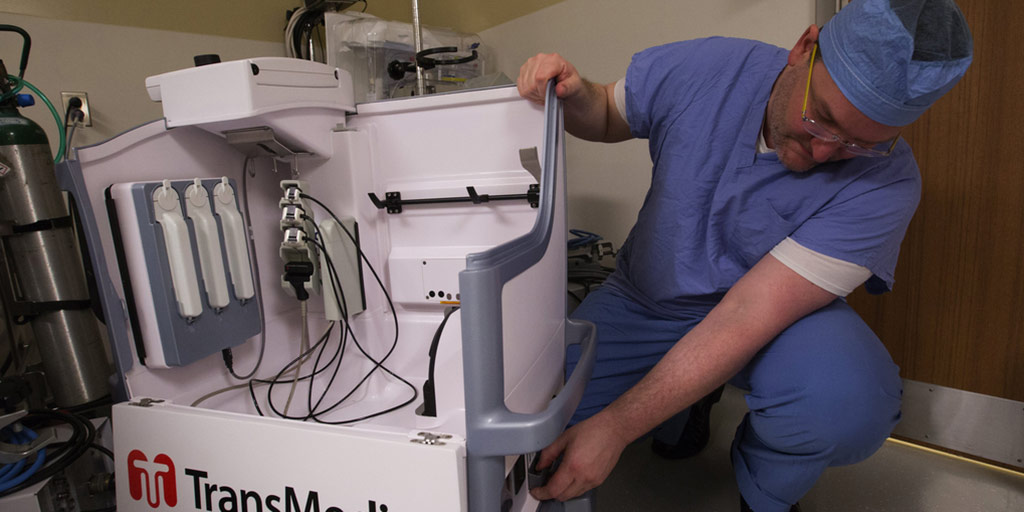Baylor alum tests pioneering device for heart transplant patients

Heart patients and their families are keenly aware of the passing of time as they await a life-saving transplant. Each second is vital; even when a heart becomes available for transplant, doctors have only four to six hours to transport it from the donor to the patient. That short window forces a carefully-choreographed series of events that can be thwarted if even one step goes wrong.
But now, a Baylor graduate is helping lead the race against time. Dr. Jason Smith, BA ’93, a cardiothroracic surgeon and a professor at the University of Washington, is among an elite group of surgeons at seven institutions nationwide testing what some call a “heart in a box” — a device that can preserve a heart awaiting transplant for up to 11 hours, dramatically increasing the window of opportunity to get the heart to the patient in need.
Transporting a heart via such a system would be a drastic leap ahead in technology from the current method, which is basically transporting the heart on ice (in a tightly-sealed saline solution) in the same type of cooler you would take on a picnic. In contrast, the Transmedics Organ Care System actually circulates blood continuously throughout the heart in a heat- and humidity-controlled environment. The heart literally continues beating in between donor and recipient, possibly doubling its lifespan outside the body.
“With the OrganCareSystem… we can observe the heart continuously,” says Smith, whose parents and brother are also Baylor Bears. “It’s in a clean container so we can visually observe the function of the heart. We can draw blood samples to tell how the heart is doing metabolically. We can measure the pressures that the heart is generating and see if the heart is struggling in any way.”
Smith and his team are encouraged by the results they’ve seen so far. With only one in three donated hearts providing new life to a recipient, the research he and other doctors are currently conducting could help increase that number by allowing a donated heart to travel further to a recipient — allowing for extra hours that could make all the difference, particularly in isolated areas. Time is precious when transporting a heart, and through such research, this Baylor grad is working to provide future patients the most precious gift of all — a second chance at life.
Sic ’em, Dr. Jason Smith!
[We learned of this story from a Bear who shared her Baylor pride. Do you know of an inspiring story, news item, or just a fun link that makes you proud of Baylor and the Baylor family? Let us know! Click here to submit your point of pride!]

